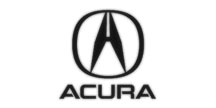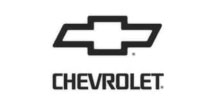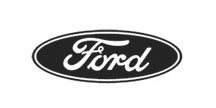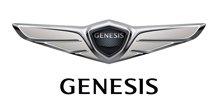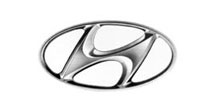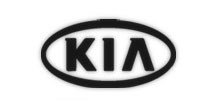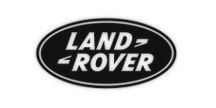Vans vs. Trucks: A Buyer’s Guide
Pickups are seen as the driver's workhorse, primarily designed for hauling and towing. Yet, vans have the cargo space and the horsepower to do what the most popular pickups can usually do. Is there a reason to buy a pickup when you could buy a van? Can a van really replace a pickup?
The Obvious Differences between these two vehicle types won't be mentioned in this comparison. For example, vans have more interior space and are more adaptable for different quantities and types of passengers. Trucks are, of course, better for hauling dirty things because they have their exterior beds. You wouldn't want to haul gravel in a van.
Before moving on, here are a few things to remember. Keep in mind that truck bed dimensions usually don't take the wheelhouses (the humps on the side of the bed, under which the wheels rotate) into account. Also keep in mind that base-level pickups (especially full-size pickups) are usually marketed to fleet managers and small business owners. They don't have the stylish looks a typical individual owner would want. To get better trim, you may end up paying a couple thousand dollars. In our specs below, we assume each truck can accomodate a stack of cargo five feet high and then calculated the cubic footage of cargo space. In reality, how high you can stack your cargo is dependent on how heavy it is.
Let's start by comparing base models. That means the lowest-priced models, which usually have the lowest towing capacity, GVWR, etc. These are the models everyone buys when they don't need something more expensive, which is most of the time. Usually, things like towing packages (which increase the towing capacity) and four-wheel drive cost several hundred or even a few thousand extra. We'll discuss that later.
Chevy Colorado / GMC Canyon
GVWR: 5,400 lbs
Tow Capacity: 3,500 lbs
Cargo: 74" x 44" bed (up to approx. 113ft3)
horsepower: 200
MSRP: $20,000
Ford F-150
GVWR: 6,010 lbs
Tow Capacity: 5,000 lbs
Cargo: 67.1" x 50.6" bed (up to approx. 118 ft3)
horsepower: 282
MSRP: $27,100
Toyota Tacoma
GVWR: 5,600 lbs
Tow Capacity: 3,500 lbs
Cargo: 60.5" x 41.5" bed (up to approx. 135 ft3)
horsepower: 159
MSRP: $24,320
Now let's look at some vans. These are minivans. That's the kind of van a family might own, such as the Chrysler Pacifica and the Dodge Grand Caravan. These days, most minivans have seats that fold down to create a flat surface for storing things. Removing the seats yields even more cargo space but isn't as easy as folding. Our cargo space specs are for the entire space behind the front row, with the 2nd and 3rd rows folded down.
Chrysler Pacifica
GVWR: 6,005 lbs
Tow Capacity: 3,600 lbs
Cargo: 140.5 ft3
horsepower: 287
MSRP: $28,995
Dodge Grand Caravan
GVWR: 6,050 lbs
Tow Capacity: 3,600 lbs
Cargo: 140.3 ft3
horsepower: 283
MSRP: $25,995
Kia Sedona
GVWR: 6,085 lbs
Tow Capacity: 3,500 lbs
Cargo: 142 ft3
horsepower: 276
MSRP: $26,900
It's clear that minivans can compete with pickups, isn't it? They can do what the trucks do, plus they're built for comfort and convenience. If you need more than these base vehicles can offer, that's when it gets a little more complicated. Vans, especially minivans, don't often have optional towing packages. Pickups do, though. These packages might double the towing capacity of the vehicle in question for a cost of a few thousand dollars. Another option, if you're looking for better capability, is a cargo or passenger van. These are a little less luxurious but tend to have loads of space and a little (sometimes a lot of) extra towing capacity. Examples are the Mercedes-Benz Metris, the Ram ProMaster and the Ford Transit. The choice is yours. You'll find the right fit.
Need to get quotes? It's easy to request them from local dealers online. Avoid the dealership hassle. Click here.

